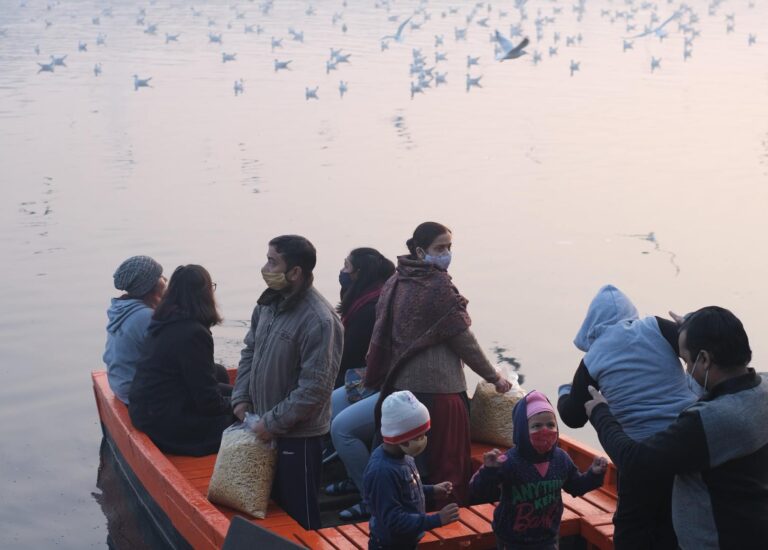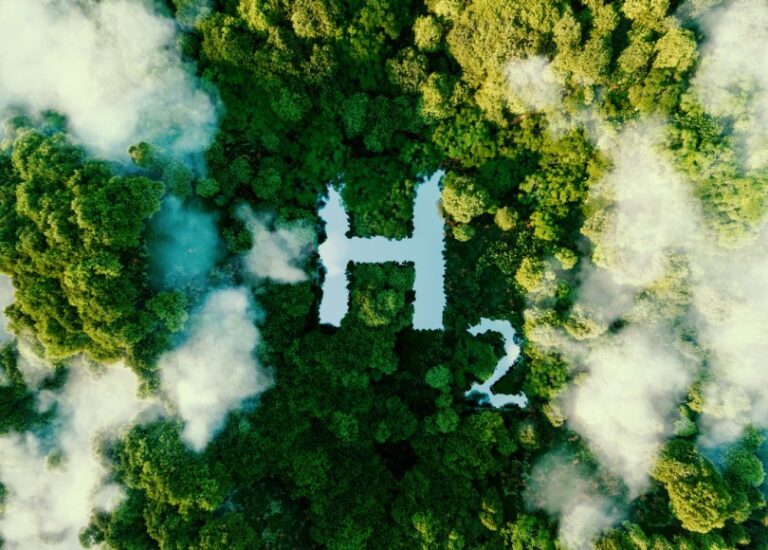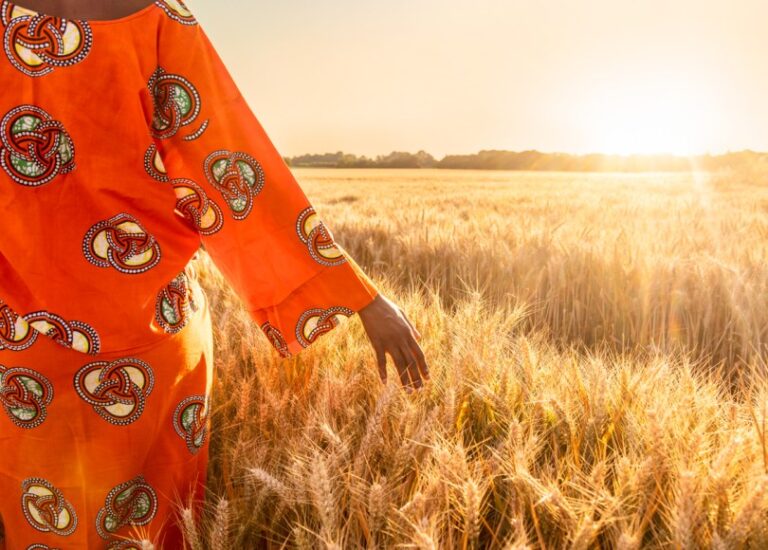
How the war in Ukraine is impacting Africa-Europe relations and the migration dialogue
What is the impact of the war in Ukraine on Africa – Europe migration dialogue?
Since Russia’s invasion of Ukraine in February 2022, UNHCR has recorded more than 7.8 million Ukrainian refugees. This huge movement of people has been met with a very different response to the (poorly labelled) 2015/16 ‘migration crisis’. The activation of the EU’s Temporary Protection Directive has offered legal pathways to protection and enabled fast and effective assistance. Many factors underpin this treatment of Ukrainian refugees in Europe, including Ukraine’s geographic and cultural closeness and its status as an EU accession country.




